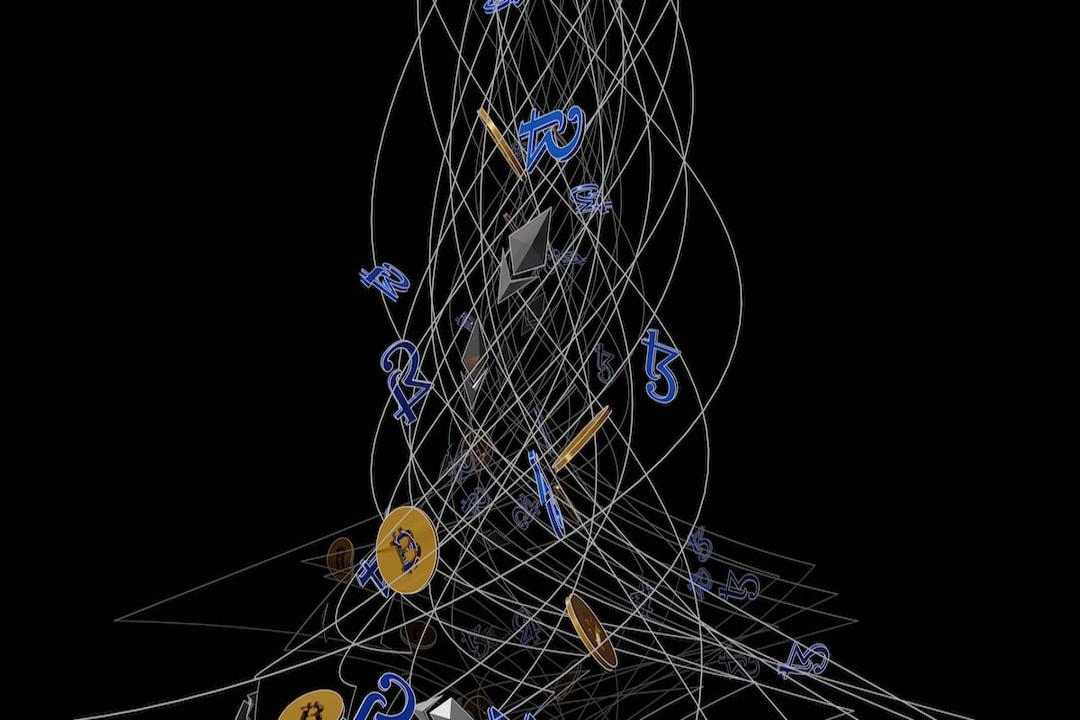Web3 and emerging technologies have revolutionized the way art is distributed, owned, and engaged with by fans. However, there is one aspect of these advancements that has sparked controversy within the art community: artificial intelligence (AI).
The ownership of AI-generated art has become a hot topic of debate following the viral success of a smartphone app that creates AI-generated portraits. Similar to the film and music industries, the issue of intellectual property (IP) rights has arisen. But developers in the emerging tech space believe that blockchain technology can provide a solution for artists and AI-generated content.
Cointelegraph recently interviewed Dan Neely, the CEO of Vermillio, an authenticated AI platform that connects the lineage of ownership. Neely explains that authenticated AI introduces a system of automation and verification accessible to the public. This means that anyone can verify ownership and lineage, eliminating the need for multiple third-party sources.
This approach aligns with the growing outrage on social media regarding AI-generated content. One artist took to Twitter to criticize the movement against AI-art, calling it “exploitation” in a six-tweet thread.
Neely argues that art created through generative AI should not be seen as a threat to original art but rather as a coexisting entity. He suggests that different markets will be created for human-made art and machine-made art. Nevertheless, the questions of ownership and authenticity must be taken seriously.
Mike Winkelmann, also known as Beeple, is a digital artist who actively utilizes emerging technologies to create valuable non-fungible token (NFT) collections. He joined the Twitter conversation surrounding the AI-art controversy by creating a new piece against machine-made art.
According to Neely, the creative industries are at a crossroads. They must choose whether to tolerate unauthorized third parties using generative AI or embrace new tools like blockchain. He explains that technologies such as AI and blockchain can enable third parties to purchase access to an authorized digital signature of training data controlled by the creator.
Authenticated AI has the potential to become a major tool in bringing order and fairness to the “Wild West” of generative AI content and the broader Web3 space. The success of Web3 depends on creators taking charge and shaping the future of the internet on their own terms. Neely emphasizes that authenticating AI and content ownership through blockchain will empower creators to do just that.
As AI becomes more prevalent in digital spaces, reducing user suspicion surrounding the technology is crucial for developers. Some companies are even utilizing AI-based tech to make metaverse design more accessible for creators.

